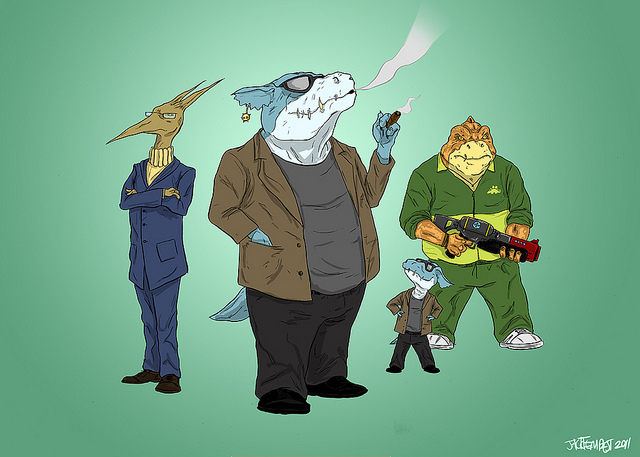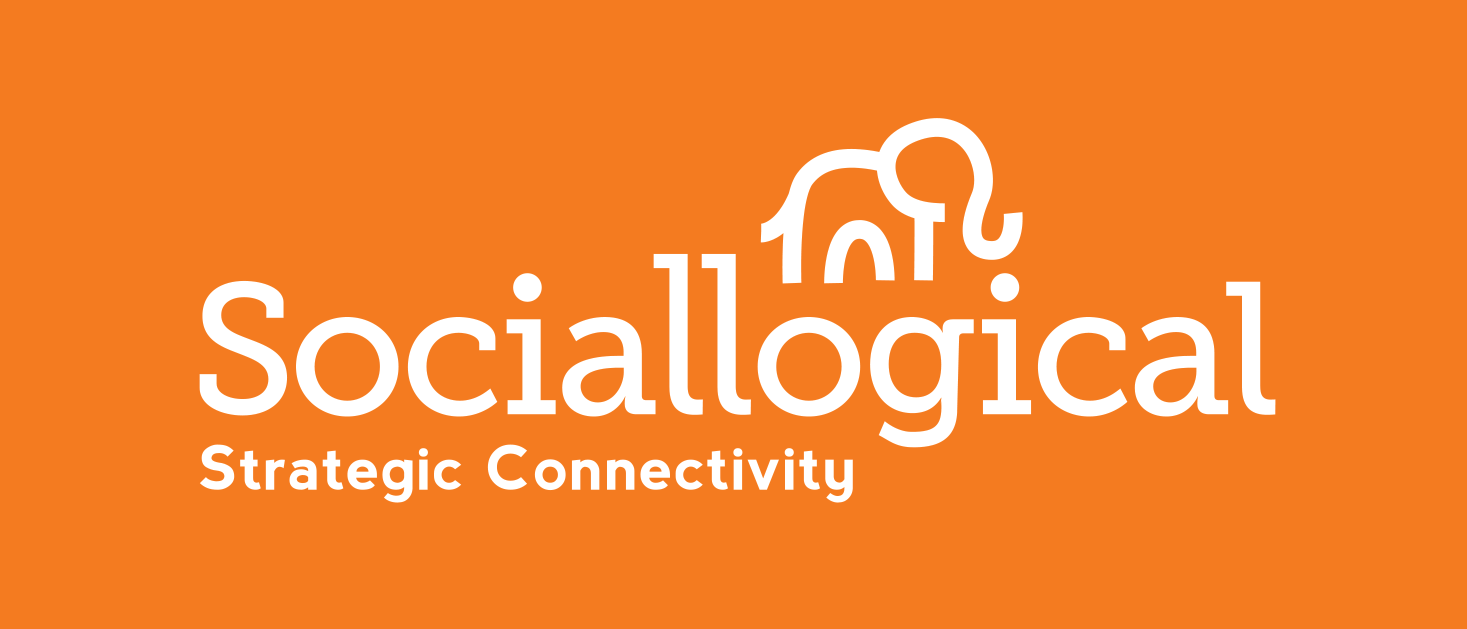 The internet used to be an anonymous place. We could coast and comment for hours, never revealing ourselves. Social Media changed that. It turned the web into public space. We are now required to self monitor the same way we would in a restaurant or a board meeting. Many websites require us to sign in to comment, and posts are linked to our Facebook or Twitter profiles.
The internet used to be an anonymous place. We could coast and comment for hours, never revealing ourselves. Social Media changed that. It turned the web into public space. We are now required to self monitor the same way we would in a restaurant or a board meeting. Many websites require us to sign in to comment, and posts are linked to our Facebook or Twitter profiles.
As a result there’s been a huge shift in mentality, and it’s hard to digest. No wonder professionals are hesitant to move forward with it, and start doing business in the online community.
When I started reading about SOPA/PIPA, I was shocked. The US government has been trying to stop entertainment piracy (music, movies, etc) for years, but Wikipedia? This is not entertainment. Many people use it to function. The idea that this regulation could affect such useful open-source software blew my mind. It had, after all, helped me through my journalism degree.
...But I read it on Wikipedia
I don’t know if things have changed much in the last five years, but when I was in high school, those were the dreaded words. My teachers were aggressive in their warnings; those who cited Wikipedia on academic papers would be reprimanded. They were grounded in the notion that it was unreliable, and could not be taken seriously.
I remember the first time I used Wikipedia. I was hooked. A grad school student referred me to it and it was like he had given me a gift; a gift that would help me breeze through high school and continue as one of my vices in university.
It enraged me that my high school teachers preferred that we dig through the library. I remember spending hours tracking down the right title; to find an old, dusty, worn in reference book from 1986. Of course, we were allowed to use the internet, as long as we were citing “credited” sources.
Excuse me; are you the authority on this?
Sue Gardner is the executive director of the Wikimedia foundation. She’s also an avid public speaker. In 2009 she hosted the most prestigious journalism lecture of the year at St. Thomas University, and spoke to students about the controversies of an open-source world.
It was amazing to see a community of people who believed in, and were compelled by her words and the power of the free-information world we’re living in.
A YouTube video posted in December 2011, gives insight to the challenges Gardner faces in her work with the non-profit.
Gardner says that no one believed in an amateur, collaborative encyclopaedia in the beginning, and people were surprised when it worked. Wikipedia has hundreds of thousands of volunteer editors, many of them experts in their trade. But can we trust it?
“That’s a conversation that we’re all having – the whole world is having with itself right now. Sometimes we find that blogs are more authoritative than one might imagine and sometimes they’re less authoritative. There’s no easy answer anymore for what authority is, where credibility resides – all of that,” Gardner said.
Having worked for the CBC, Gardner encountered many debates regarding the legitimacy of Wikipedia articles. But she’s seen a growth in credibility over time and a rise in followers as a result.
“Part of what I’ve seen happening there is an increased critical stance, that I think people are taking towards traditional media and traditional sources of authority.”
When Gardner is pointed to the idea that Wikipedia is sometimes wrong, she challenges it by saying, “Sometimes the New York Times is wrong. Sometimes the BBC is wrong.” She has a point.
Journalists tend to rely on subject matter "experts" in their writing. Quoting doctors, politicians, government officials. It establishes the trust of the reader. But when we think about it, people are people. They make mistakes. When we have this collaborative, social effort in creating one of the world's most prominent knowledge sources, it's incredible. And how do we know that the approved editors aren't doctors, scientists, or particular "experts"?
Thinking of Wikipedia as social changes the dynamic of learning. But it's incredibly social; it wouldn't exist without the hard work and cooperation of strangers across the globe. People link to it every day, through their blogs and other media channels.
Why the Old Paradigm Won’t Fly
I’ve been scraping the UNB libraries to find relevant articles on Wikipedia in the education system. It was difficult to find anything that had been written in the last 5 years, let alone available online.
I found a study conducted by Nick Schweitzer, PhD, of the University of Arizona in 2008. He surveyed just below 1000 first year psychology students, and a focus group of 76 advanced level students. He wanted to know how many students were using and citing Wikipedia. His findings were not surprising.
80 per cent of upper year college students had referred to Wikipedia for an academic paper. Significantly fewer admitted citing Wikipedia, which suggests most students use the encyclopaedia for background information or simply do not cite their papers. Schweitzer writes:
“There is an important point to be made here: Because our students will most likely be using Wikipedia in some way during their college careers, it would behoove teachers of psychology (or any discipline, for that matter) to become familiar with Wikipedia and see firsthand the vast array of articles on the concepts, history, and individuals in our field. In fact, I would not be surprised if some readers of this article found themselves mentioned on Wikipedia.”
Social media is a broad term. It can be overwhelming. It’s not just about Twitter, Facebook or other social networking sites. It’s more than that. It’s about the way information circulates, the way we share things; the way we are social in modern life. If the SOPA/PIPA regulations pass, it will feel as though we've turned back the clock several decades. We'll lose all of this.
You may have read that and nodded, but you probably still have a lot of questions. Social media education is new wave, but it’s a rising and important trend as we adjust to our shifting social culture.
Our social forms of education flip traditional values and change the roles of authority figures. It's scary and unfamiliar. But this way of life is here to stay. Dialogue between the wealthy, powerful figures of society and the "average Joe" is less linear. The Joe's are talking. But your voice matters. Are you an expert in your trade? Who could better describe your work than you? Let us know in the comments below.
